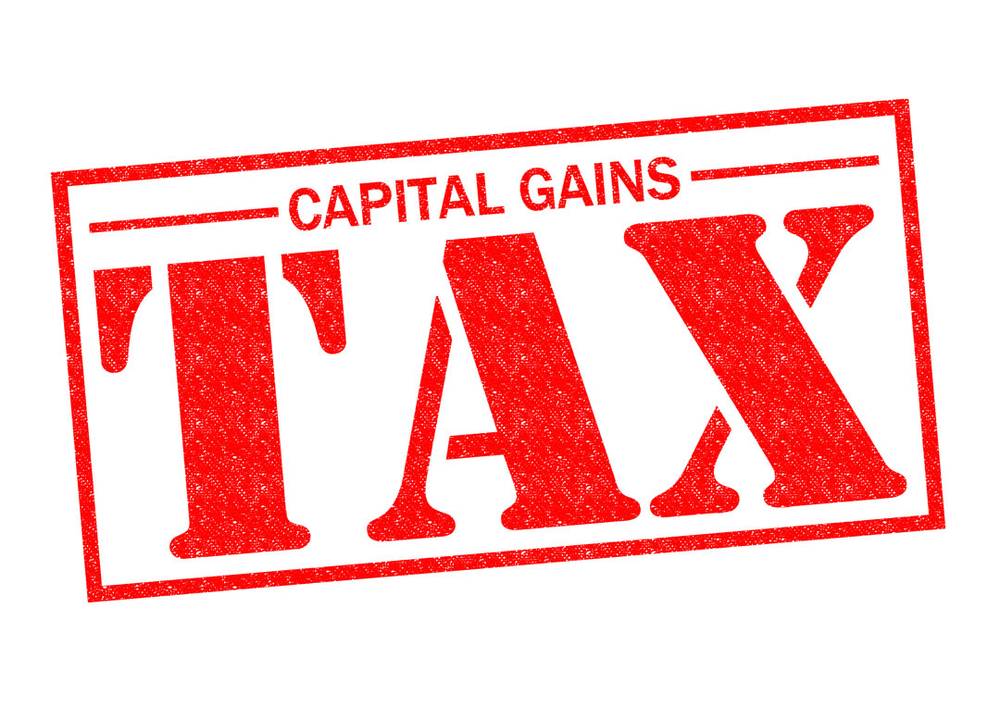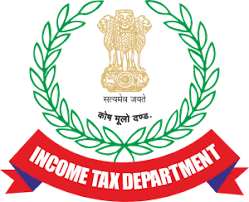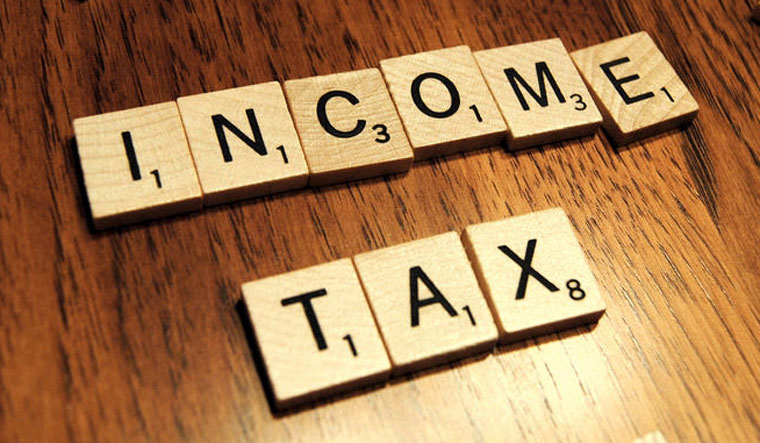The Banglore Bench of the Income Tax Appellate Tribunal (ITAT) headed by N.V. Vasudevan (Vice-President) and B.R. Baskaran (Accountant Member) has ruled that the capital gain exemption cannot be denied to the wife for the mere presence of the husband’s name in the purchase document.
The appellant/assessee is an individual, and she filed her return of income for the year under consideration, declaring a total income of Rs. 9,06,860. The assessee had earned long-term capital gain on the sale of land and claimed exemption under section 54F of the Income Tax Act from it to the extent of Rs. 1,56,33,870. The assessee offered a net long-term capital gain of Rs. 51,355.
The AO examined the long-term capital gain declared by the assessee. It was noticed that the assessee, along with 3 other persons, had sold a property for a consideration of Rs. 5.35 crores. The assessee’s share of the consideration was Rs. 1,60,50,000/-. The assessee claimed that she had purchased a residential house property in a project named “M/s. Prestige Ozone” for a sum of Rs. 1,72,29,993/-. Accordingly, she claimed a deduction under section 54F of the Income Tax Act to the extent of Rs. 1,56,33,870.
The AO examined the details of the purchase of the property at Prestige Ozone. The AO noticed that the initial agreement was entered into by the assessee’s husband, Y.C. Rami Reddy, with M/s Prestige Properties for the construction of a building at a cost of Rs. 46,35,610. Subsequently, a sale deed was registered for the purchase of plot No.8, having an extent of Rs.6,108 sq.ft. for a consideration of Rs.39,67,933, on which the construction happened. The sale deed was executed in favour of Y.C. Rami Reddy and the assessee. The assessee claimed that she had reimbursed all the payments made by her husband to him and she had also incurred further expenses for interior design, etc. Accordingly, the assessee claimed that the entire cost purchase was met by her, and the property was purchased by her from her husband.
The AO examined the claim of the assessee for a deduction under section 54F of the Income Tax Act. The AO took the view that the assessee was not eligible for a deduction under section 54F of the Income Tax Act on the grounds that she had already held a 50% share in the Prestige Ozone building and, hence, there was no necessity for her to pay the full consideration of Rs. 1.72 crores to her husband.
The assessee challenged the order of the AO before the CIT (A). The CIT (A) held that the expenditure incurred on interiors, renovation, furnishing, etc. after the registration of the plot, i.e., after 24.2.2007, cannot be taken as part of the cost of acquisition. On October 27, 2007, the assessee purchased only 50% of the rights from her husband, and she already held 50%.The release deed given by the husband of the assessee was registered on 25.1.2010, which is 3 years from the date of the sale of the original property. Accordingly, the CIT (A) took the view that, irrespective of the amount of payment made to her husband, the assessee can be said to have acquired only 50% of the property on 25.1.2010, which falls within 3 years from the date of sale of the original property. As a result, he concluded that the deduction under section 54F of the Income Tax Act should be limited to 50% of the cost of acquiring an asset.
The issue raised was whether the CIT (A) was justified in ignoring expenditure of Rs.81,71,910/- incurred on the new house property for computing deduction under section 54F of the Income Tax Act.
The ITAT observed that the assessee’s husband had advanced money initially. Subsequently, the assessee has reimbursed the money to her husband, and finally, it was the assessee who actually gave funds for the acquisition of the property.
“We notice that the CIT (A) has taken the view that the funds given by the assessee should not be taken into account and, in our view, the said view of the CIT(A) is not, in our view, correct in law,” the tribunal said.
The ITAT ruled that the deduction under section 54F of the Income Tax Act only induces an assessee to make an investment in residential house property. If the assessee has given money for the acquisition of the property, either directly to the builder or as reimbursement to her husband, then the assessee should be given the benefit of a deduction under section 54F of the Act for the cost of acquisition.
Relevant Statutory Provision:
Capital gain on transfer of certain capital assets not to be charged in case of investment in residential house.
54F. (1) Subject to the provisions of sub-section (4), where, in the case of an assessee being an individual or a Hindu undivided family, the capital gain arises from the transfer of any long-term capital asset, not being a residential house (hereafter in this section referred to as the original asset), and the assessee has, within a period of one year before or two years after the date on which the transfer took place purchased, or has within a period of three years after that date constructed, one residential house in India (hereafter in this section referred to as the new asset), the capital gain shall be dealt with in accordance with the following provisions of this section, that is to say,—
(a) if the cost of the new asset is not less than the net consideration in respect of the original asset, the whole of such capital gain shall not be charged under section 45 ;
(b) if the cost of the new asset is less than the net consideration in respect of the original asset, so much of the capital gain as bears to the whole of the capital gain the same proportion as the cost of the new asset bears to the net consideration, shall not be charged under section 45:
Provided that nothing contained in this sub-section shall apply where—
(a) the assessee,—
(i) owns more than one residential house, other than the new asset, on the date of transfer of the original asset; or
(ii) purchases any residential house, other than the new asset, within a period of one year after the date of transfer of the original asset; or
(iii) constructs any residential house, other than the new asset, within a period of three years after the date of transfer of the original asset; and
(b) the income from such residential house, other than the one residential house owned on the date of transfer of the original asset, is chargeable under the head “Income from house property”.
Explanation.—For the purposes of this section,—
“net consideration”, in relation to the transfer of a capital asset, means the full value of the consideration received or accruing as a result of the transfer of the capital asset as reduced by any expenditure incurred wholly and exclusively in connection with such transfer.
(2) Where the assessee purchases, within the period of two years after the date of the transfer of the original asset, or constructs, within the period of three years after such date, any residential house, the income from which is chargeable under the head “Income from house property”, other than the new asset, the amount of capital gain arising from the transfer of the original asset not charged under section 45 on the basis of the cost of such new asset as provided in clause (a), or, as the case may be, clause (b), of sub-section (1), shall be deemed to be income chargeable under the head “Capital gains” relating to long-term capital assets of the previous year in which such residential house is purchased or constructed.
(3) Where the new asset is transferred within a period of three years from the date of its purchase or, as the case may be, its construction, the amount of capital gain arising from the transfer of the original asset not charged under section 45 on the basis of the cost of such new asset as provided in clause (a) or, as the case may be, clause (b), of sub-section (1) shall be deemed to be income chargeable under the head “Capital gains” relating to long-term capital assets of the previous year in which such new asset is transferred.
(4) The amount of the net consideration which is not appropriated by the assessee towards the purchase of the new asset made within one year before the date on which the transfer of the original asset took place, or which is not utilised by him for the purchase or construction of the new asset before the date of furnishing the return of income under section 139, shall be deposited by him before furnishing such return [such deposit being made in any case not later than the due date applicable in the case of the assessee for furnishing the return of income under sub-section (1) of section 139] in an account in any such bank or institution as may be specified in, and utilised in accordance with, any scheme which the Central Government may, by notification in the Official Gazette, frame in this behalf and such return shall be accompanied by proof of such deposit ; and, for the purposes of sub-section (1), the amount, if any, already utilised by the assessee for the purchase or construction of the new asset together with the amount so deposited shall be deemed to be the cost of the new asset :
Provided that if the amount deposited under this sub-section is not utilised wholly or partly for the purchase or construction of the new asset within the period specified in sub-section (1), then,—
(i) the amount by which—
(a) the amount of capital gain arising from the transfer of the original asset not charged under section 45 on the basis of the cost of the new asset as provided in clause (a) or, as the case may be, clause (b) of sub-section (1),
exceeds
(b) the amount that would not have been so charged had the amount actually utilised by the assessee for the purchase or construction of the new asset within the period specified in sub-section (1) been the cost of the new asset,
shall be charged under section 45 as income of the previous year in which the period of three years from the date of the transfer of the original asset expires; and
(ii) the assessee shall be entitled to withdraw the unutilised amount in accordance with the scheme aforesaid.
Explanation.—[Omitted by the Finance Act, 1992, w.e.f. 1-4-1993.]
Case Title: Y. Manjula Reddy Vs. ITO
Citation: ITA No.1780/Bang/2013
Dated: 28.04.2022
Source: livelaw.in
***
Don’t miss the next Tax Update / Article / Judicial pronouncement
Subscribe to our newsletter for FREE to stay updated on GST Law
Resolve your GST queries from national level experts on GST free of cost.
TW Editorial Team comprises of team of experienced Chartered Accountants and Advocates devoted to spread the knowledge of GST amongst the various stakeholders.




